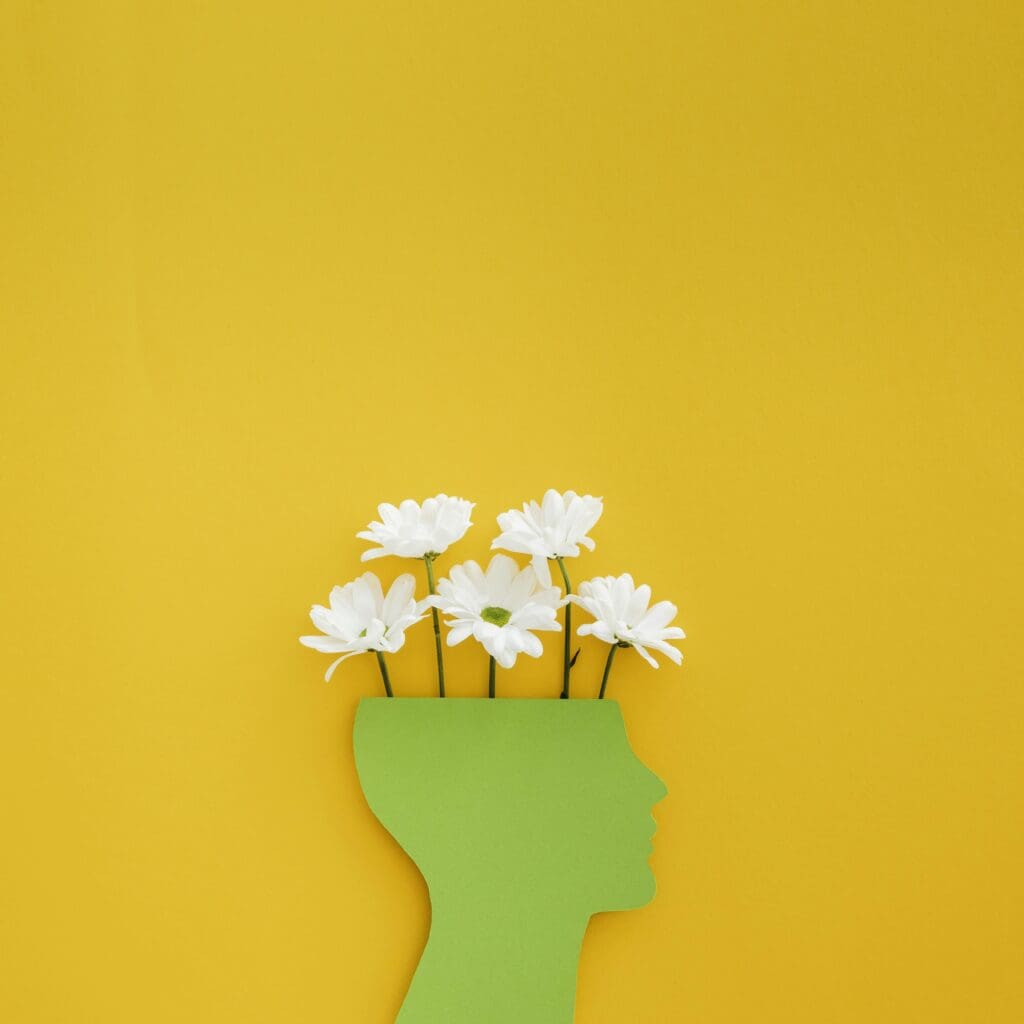
Postpartum Mood Disorders: Supporting Mental Health After Birth
The time after childbirth, known as the postpartum period, is filled with many physical and emotional adjustments. While new mothers often experience joy and love, it’s also common to face challenges with mood and mental health. From the “baby blues” to more serious conditions like postpartum depression or anxiety, recognising these changes and knowing how to manage them is essential for every mother’s well-being.
What are postpartum mood disorders?
Postpartum mood disorders are mental health conditions that can develop after giving birth. They affect about 1 in 5 birthing parents and are a leading cause of maternal health complications worldwide. These conditions vary in intensity and duration and can deeply impact how a mother feels, thinks, and functions. Here are some common types:
- Baby blues: Around 80% of new mothers experience the “baby blues”, a short phase of mood swings, tearfulness, irritability, and feeling overwhelmed. Typically, these symptoms peak around three to five days after birth and resolve within two weeks without needing treatment.
- Postpartum depression (PPD): More intense and longer-lasting than baby blues, PPD affects around 1 in 7 mothers. Symptoms include persistent sadness, hopelessness, exhaustion, lack of enjoyment, and difficulty bonding with the baby. If left untreated, it can continue for months.
- Postpartum anxiety (PPA): Some new mothers may experience heightened worry or anxiety about their baby’s health, their parenting abilities, or daily responsibilities. Symptoms might include panic attacks, intrusive thoughts, or a constant feeling of fear.
- Postpartum psychosis: A rare but serious condition (affecting 1 in 1,000 mothers) that typically starts suddenly within the first two weeks after birth. Symptoms include hallucinations, delusions, confusion, or paranoia. This is a medical emergency and requires immediate care.
What causes postpartum mood disorders?
Postpartum mood disorders are typically caused by a combination of physical, emotional, and hormonal factors. These may include:
- Hormonal changes: After giving birth, a woman’s body undergoes a significant drop in oestrogen and progesterone, which can impact mood and mental health. Thyroid hormone levels may also fluctuate, contributing to feelings of fatigue and depression.
- Sleep deprivation: New mothers often face sleepless nights as they care for their newborns. Sleep deprivation can significantly affect mood, energy levels, and cognitive function.
- Emotional overwhelm: The transition to motherhood can be overwhelming. Many women experience feelings of inadequacy, isolation, or guilt, especially when personal or societal expectations of motherhood feel out of reach.
- Physical recovery: Healing from birth, whether vaginal or C-section, coping with breastfeeding challenges, or managing pain and fatigue, all contribute to emotional strain.
Symptoms
It’s important for mothers and loved ones to notice signs of postpartum mood disorders early. Some symptoms to look out for include:
- Persistent feelings of sadness, hopelessness, or worthlessness
- Loss of interest in daily activities, including bonding time with the baby
- Difficulty sleeping, even when the baby is asleep
- Intense worry or anxiety that prevents the mother from functioning normally
- Difficulty concentrating, making decisions, or feeling disconnected from reality
- Thoughts of self-harm or harm to the baby
If these feelings persist for more than two weeks or worsen over time, it’s important to seek medical help as soon as possible.
Navigating postpartum mood disorders
Caring for mental health after childbirth involves a mix of self-care, support, and professional help.
Reach out and stay connected
Postpartum life can feel isolating, especially when you’re adjusting to new responsibilities and sleep deprivation. Try to stay connected with trusted family members, close friends, or fellow mothers who can offer a listening ear or lend a hand. Whether it’s help with meals, someone to hold the baby while you rest, or just someone to talk to without judgement, don’t hesitate to ask for support.
Connect with Allāh, even when you can’t pray
During the time of nifās (postnatal bleeding), when ṣalāh is not required, you can still maintain a spiritual connection with Allāh ﷻ. Simple acts like making dhikr (remembering Allāh), reciting duʿāʾ, listening to Qur’ān, or reflecting quietly on His Names can bring a sense of calm and closeness. Remember: Allāh is Al-Raḥmān, the Most Merciful, and He sees your efforts even in moments of exhaustion.
Prioritise rest where you can
You may not get long stretches of sleep, but short naps and brief moments of stillness can be restorative. Try to rest when the baby sleeps, and allow others to take over night feeds or chores when possible. Even 10–20 minutes of quiet rest can help your body and mind recover.
Take gentle care of your body
Physical activity may feel impossible at first, but as you regain strength, simple movement, like a short walk, gentle stretching, or postpartum yoga, can lift your mood. Fresh air, natural light, and getting outside even briefly can help regulate your emotions and reduce stress.
Practice self-compassion
It’s normal to feel overwhelmed or not quite like yourself. That does not mean you are failing. You’re learning and adapting every day. Islam teaches us to be gentle with ourselves and to recognise that our worth isn’t measured by perfection.
Professional help
Therapy can be incredibly effective for postpartum mental health. Cognitive behavioural therapy (CBT), talk therapy, or Islamic counselling offer you space to process, heal, and learn coping strategies. If symptoms persist, your GP may suggest medication, including options that are safe while breastfeeding. Speak to your doctor or health visitor. Your well-being matters and deserves attention.
Remember: Islam doesn’t forbid treatment, it encourages it. The Prophet ﷺ said, “O servants of Allāh, seek treatment, for Allāh has not made a disease except that He has also made a cure for it…” (Tirmidhī). Seeking therapy or taking medication for mental health is just as valid and praiseworthy as treating a physical illness. Caring for your emotional well-being is part of your ʿibādah (worship) and a way of honouring the trust Allāh has placed in you.
Faith as a source of strength
For Muslim mothers, īmān (faith) can be an anchor during the postpartum period. The Qur’ān acknowledges both the hardship and honour of motherhood, and reminds us that Allāh ﷻ sees every struggle and rewards every act of patience.
Take the story of Maryam (ʿalayhā al-salām). In Sūrah Maryam, we are given a glimpse into one of her most vulnerable moments:
“Oh, how I wish I had been dead and forgotten long before all this!” (Sūrah Maryam: 23)
Her words reveal the weight of her pain, physical, emotional, and spiritual. The loneliness. The fear. The uncertainty of what lay ahead. And yet, Allāh was with her. For those who have endured childbirth, there is a unique sense of being seen and understood by Allāh. For those who have not, Maryam’s words invite empathy towards this uniquely female experience. Reciting her words in the preserved Qur’ān, we are brought into her experience, her vulnerability, and her strength. When we feel alone in our struggles, Maryam’s story reminds us to turn to Allāh, as He is always near.
And so just like Maryam, you may not always see what lies ahead. You might feel overwhelmed by the demands of motherhood, unsure if you’re doing enough. But know this: your tawakkul (trust in Allāh) will never go to waste. Maryam had no idea that her newborn baby would speak in her defence from the cradle, but her reliance on Allāh was rewarded with a miracle. You too are planting seeds of reward, even when the fruit has not yet appeared.
Remember: every moment of hardship is witnessed and rewarded. The Prophet ﷺ said:
“No Muslim is afflicted with a thorn prick, or more than that, but Allāh raises them one degree in status and removes a sin because of it.” [Muslim]
Now think of the sleepless nights, the tears, the aching body, the silent prayers between feeds, the emotional weight that no one sees. Allāh sees it all. He counts every struggle, and He repays it with mercy, elevation, and forgiveness, sometimes in ways that we will only see in the Hereafter.
Motherhood, with all its challenges, can be a path to closeness with Allāh. Your efforts are not lost. They are written, multiplied, and loved by Al-Raḥmān, the One who never overlooks your sincerity.
When to seek help
If you or someone you love is experiencing strong or persistent feelings of sadness, anxiety, or emotional distress after birth, please don’t hesitate to speak to a GP, health visitor, midwife, or mental health service. Support is available.
In the UK, you can also contact:
- NHS 111 (24/7 medical advice)
- GP / Health Visitor (for referrals and assessments)
- Maternal Mental Health Services (ask your GP or midwife)
- Relevant organisations and charities
You deserve care and compassion.
Final thoughts
Postpartum mood disorders are real, common, and treatable. Whether you find comfort in faith, support from family, or guidance from healthcare professionals, there is a path forward.
Caring for your mental health is part of caring for your child. May Allāh bless you with healing, strength, and peace. May He make your child a source of joy in both worlds and grant you the ease and support you need on this journey of motherhood.

